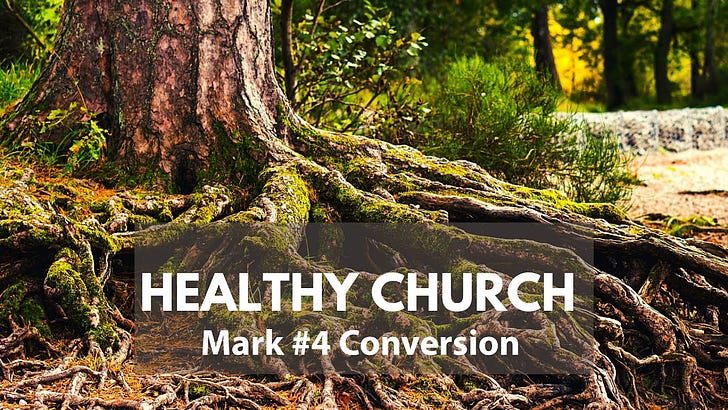Preach
Questions
Read John 3:19–20; Romans 3:9-11; Ephesians 2:1. Are people who have not accepted Christ really evil? What were we once like? Do you think the metaphor of light and darkness is useful in explaining this to someone? Why do both Jews and gentiles reject this teaching [1 Corinthians 1:18-24]?
Are the Jews in a better or worse condition than the gentiles [Romans 3:9-20]? Is there no advantage in being a Jew [Romans 3:1-2; 9:1-5]?
Read John 3. Why is it necessary to be born from above or born again [v3; 1 Corinthians 2:14; 1 Peter 1:23]? Why should Nicodemus have already known this [v10; see Jeremiah 31:33;36:26; Ezekiel 11:19]?
What is given to us when we believe [Acts 11:15-18]? Why was this so significant to Jewish believers?
Read Ephesians 2 [or at least vv 1-3]. The expression "the world, the flesh and the devil" is not directly from the bible but often come up in Christian, and even secular, literature. Does Ephesians 2:1-3 support this list? How does throw more light on questions 1. and 2?
Read 1 Peter 1 [or at least vv1-3]. V3 reminds us that it is God who makes us born from above or born again or, as theologians sometimes say, regenerate. What is the significance of the sprinkling in the blood of Jesus [v3] in biblical theology [the second mark of a healthy church]?
Why do we need to share the word of God [Romans 10:17]? How do we do this as a community? What does this look like in your life?



